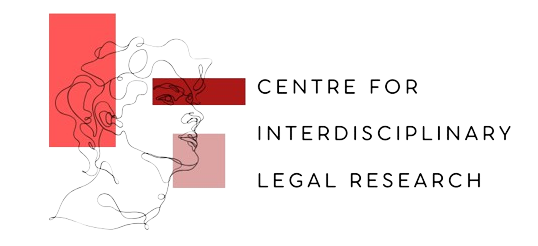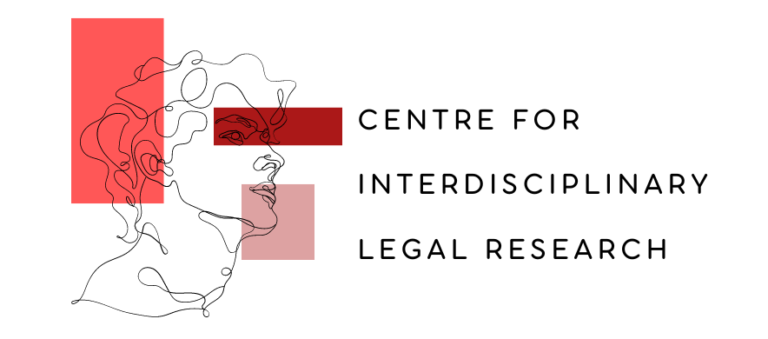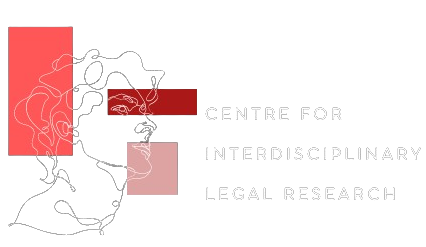Centre's objectives
The primary aim of the Centre is to be active in the integrated study of law as a social phenomenon by combining methodologies developed by different scientific disciplines, while supporting ourselves with modern digital tools. We are also committed to carrying out research that seeks to promote a comparative perspective in the study of law, both vertically (comparing the development of institutions in different historical periods) and horizontally (comparing different legal cultures) by closely involving representatives of the international academic community, which is essential to carry out comprehensive research in the field of law, recognising its global and dynamically changing nature.


More information about Project
How people interpret and process information is very much influenced by the way the piece of information is communicated - what narrative has been adopted. This is used, for example, by politicians and the mass media, providing through their narratives a specific “frame” for the social perception of various phenomena. Researchers have been studying these issues for decades. However, no one has so far verified the impact of the framework imposed by the legislator on various spheres of our lives, who, when making the law, introduces a more pervasive and complex frame than, for example, those freely created by the participants in political debates. The activity of the legislator manifests itself in various forms. However, there is no doubt that codes of law play a special role in it. This is not only because they are systematic and comprehensive collections of rules. Above all, they constitute (at least in concept) the main point of reference in a given domain and carry a strong ideological charge behind them, thus establishing a frame for a given field of social activity.
Through a comparative analysis of case studies from different legal cultures, it will be reconstructed how the world’s first modern commercial code – the French Code of 1807 issued by order of Napoleon Bonaparte – resonated in European legal thought and how it influenced European legal discourse in the 19th century.
About the goal
The goal of the project is to analyse, for the first time, the effect of a frame imposed by the legislator through a code of law in varying social and economic conditions. Through a comparative analysis of case studies from different legal cultures, it will be reconstructed how the world's first modern commercial code - the French Code of 1807 issued by order of Napoleon Bonaparte - resonated in European legal thought and how it influenced European legal discourse in the 19th century. With no competition for many decades, it significantly influenced legal systems around the world. Its “framing effect” in different countries will therefore be compared. Through the use of interdisciplinary methodology and digital tools, this research creates an entirely new approach to law, thus paving the way for similar research to be carried out on other areas of the law of any country and era.



